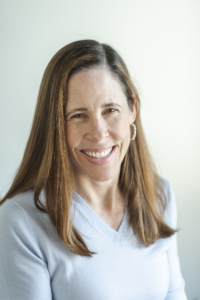

Coercive Control: Why divorcing a narcissist is almost as hard as staying married to one
October 25, 2024 @ 9:00 am - 11:00 am
Coercive Control: Why divorcing a narcissist is almost as hard as staying married to one
Friday, October 25, 2024
Registration 8:30am Program 9am to 11am
Presented By: Lauren Napolitano, Psy.D.
Location: Live Online Workshop
2 CE Credits
Coercive control is the most common form of domestic abuse and the hardest to identify because it is a slow process that develops over time. Coercive control is an act or a pattern of acts of assault, threats, humiliation and intimidation that is used to harm, punish, or frighten the victim. Nearly half of all women (48.4%) in the United States experience psychological aggression by an intimate partner in their lifetime (National Domestic Violence Hotline, 2023). Those who isolate, control and humiliate their partners frequently evidence narcissistic traits. In this presentation we will talk about the ‘invisible chains’ of coercive control and the reality of post-separation abuse. We will discuss case examples in order to highlight clinical strategies that can be beneficial to a client who is being subjected to coercive control.
Objectives:
- Define coercive control and how it manifests in intimate relationships
- Define narcissism and its relationship to coercive control
- Discus at least 3 different ways that coercive control can be affected through finances
- Learn at least 3 ways to educate, support and empower clients who are experiencing coercive control in their relationship

Dr. Lauren Napolitano is in private practice in Wynnewood, PA. She specializes in helping couples who are dealing with infidelity, sexual difficulties and communication issues. She also works with divorced couples who need support in their co-parenting relationship. Lauren enjoys educating women about how to set boundaries with narcissistic spouses (or ex spouses). She is passionate about educating clinicians about coercive control as it can be difficult to identify and understand. Lauren is near-obsessed with dogs, the Real Housewives of literally any city, and pizza. Lauren loves to connect with other clinicians so if you’d like to reach out, please e-mail her at lauren@laurennapolitano.com
PSCP: The Psychology Network is approved by the American Psychological Association to sponsor continuing education for psychologists. PSCP: The Psychology network maintains responsibility for this program and its content.
